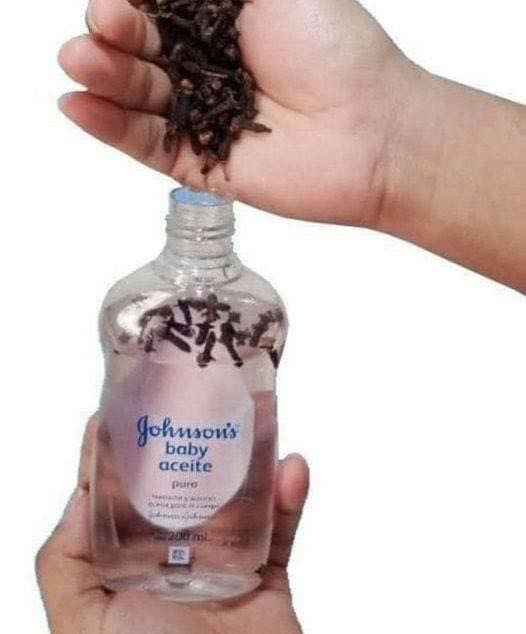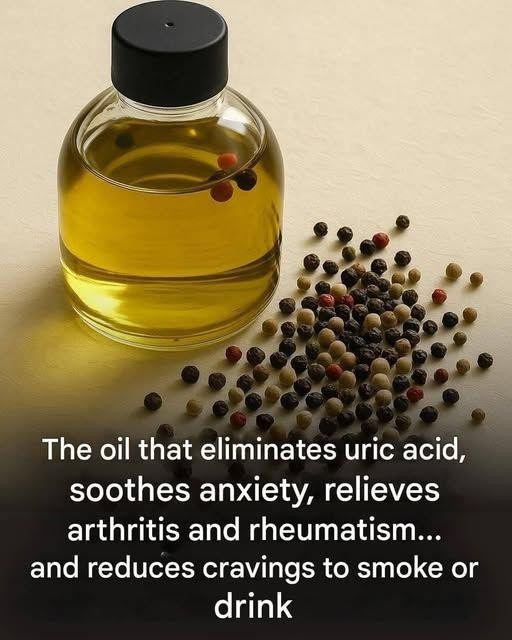We all want to enjoy the outdoors without swatting away mosquitoes or worrying about ticks.
And while chemical sprays like DEET get a bad rap, many “natural” alternatives — like mixing baby oil and cloves — are ineffective or even risky.
But here’s the good news: 👉 Some plant-based repellents are scientifically proven to work — when used correctly.
Let’s explore what really keeps bugs away, what doesn’t, and how to protect yourself safely — so you can spend more time outside… and less time itching.
Because real protection isn’t found in jars labeled “homemade.” It’s found in evidence, safety, and smart choices.
✅ Bug Repellents That Work (According to CDC & EPA)
The Centers for Disease Control and Prevention (CDC) recommends these active ingredients for preventing mosquito and tick bites:
| DEET | Up to 8–12 hours | Gold standard; safe for adults and children over 2 months |
| Picaridin | Up to 8 hours | Odorless, non-greasy, gentle on skin and gear |
| Oil of Lemon Eucalyptus (OLE) | Up to 6 hours | OnlyEPA-approvednatural option; not for kids under 3 |
| IR3535 | Up to 8 hours | Gentle, often used in sunscreen-repellent combos |
✅ These have been tested in real-world conditions and proven effective.
🌱 Plant-Based Options That May Help (With Limits)
Some natural oils show modest repellency — but they wear off quickly and require frequent reapplication:
| Lemon Eucalyptus | Moderate (only in purified OLE form) | 4–6 hours |
| Citronella | Mild; only in high concentrations | 20–60 minutes |
| Peppermint, Clove, Cinnamon | Lab studies only — not proven in field use | Not reliable |
⚠️ Clove oil may irritate skin or cause allergic reactions — especially in babies and sensitive individuals.
❌ Baby oil + cloves infusion?
It does not repel mosquitoes — and the oily residue may actually attract dust and bacteria while blocking sweat evaporation.
❌ Why Most DIY Bug Sprays Fail
| ❌ “Essential oils kill bugs” | They may briefly deter them — but don’t prevent bites |
| ❌ “My homemade spray worked once” | Confirmation bias — effectiveness drops fast |
| ❌ “Chemical = dangerous” | False — DEET and picaridin are safe when used as directed |
| ❌ “All natural means safer” | Poisonous plants are “natural” too — safety depends on dose and formulation |
📌 Essential oils are volatile — they evaporate within hours, leaving you unprotected.
✅ How to Use Repellents Safely
| Apply repellentafter sunscreen | Both work best in the right order |
| Avoid eyes, mouth, and open wounds | Prevents irritation |
| Don’t apply under clothing | Can cause skin buildup |
| Wash off after coming indoors | Reduces prolonged exposure |
| Test on small patch first | Checks for allergic reaction |
🩺 For kids: Avoid hands (they touch faces), and never use OLE on under age 3.
🛡️ Additional Bite Prevention Tips
Even the best repellent works better with extra layers of defense:
| Wear long sleeves & pants at dusk | Mosquitoes are most active at dawn/dusk |
| Choose light-colored clothing | Dark colors attract more bugs |
| Use permethrin-treated clothing | Kills ticks and mosquitoes on contact |
| Eliminate standing water | Stops mosquito breeding near home |
| Check for ticks daily | Especially after hiking or gardening |
🔁 Pro Tip: Shower within 2 hours of being outdoors — helps wash off unattached ticks.
Final Thoughts
You don’t need to choose between safety and nature.
There are effective, research-backed ways to enjoy the fresh air without fear — whether you prefer synthetic or plant-based solutions.
So skip the viral hacks involving baby oil, kitchen spices, or mason jars.
Instead, go with what science says works.
Because real peace of mind doesn’t come from a trendy recipe.
It comes from knowing you’ve taken smart, proven steps to protect yourself and your family.
And that kind of care? It lets you breathe easy — literally.












